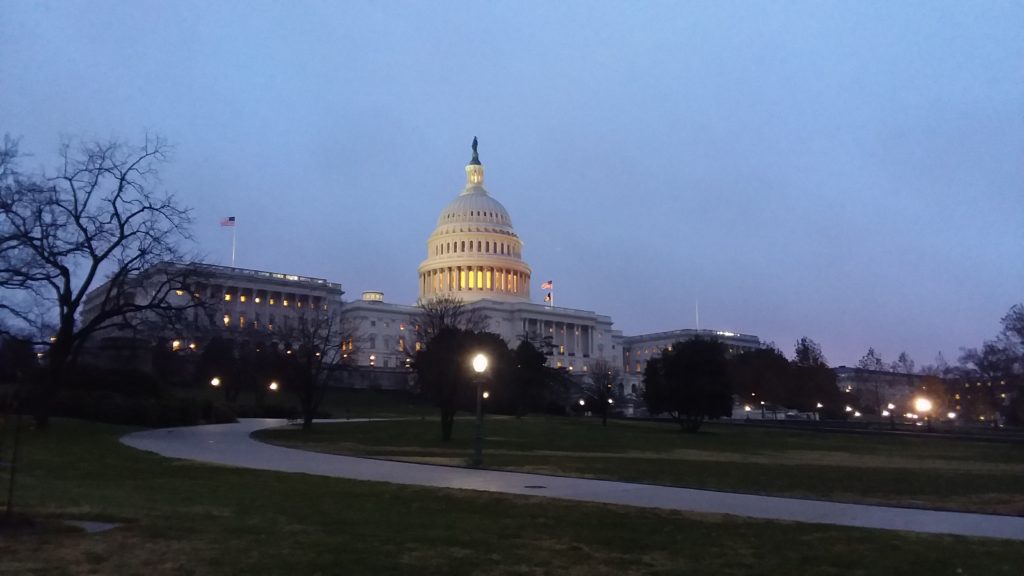The Trump administration on Tuesday announced an emergency expansion of telehealth coverage for Medicare beneficiaries amid the COVID-19 outbreak, removing multiple regulatory barriers to doctors providing remote care for nursing home residents.
Retroactive to March 6, Medicare can pay for virtual consultations provided through telehealth platforms across the country, including those conducted in a patient’s place of residence — such as nursing homes, according to a fact sheet from the Centers for Medicare & Medicaid Services.
The benefit was expanded via the 1135 waiver authority and Coronavirus Preparedness and Response Supplemental Appropriations Act, “on a temporary and emergency basis.”
“The benefits are part of the broader effort by CMS and the White House Task Force to ensure that all Americans — particularly those at high-risk of complications from the virus that causes the disease COVID-19 — are aware of easy-to-use, accessible benefits that can help keep them healthy while helping to contain the community spread of this virus,” the fact sheet said.
Medicare’s coverage of telehealth was previously limited to patients residing in a designated rural area, and required beneficiaries to leave their homes to go to a clinic, hospital, or other types of medical facilities for the service.
The expansion will last for the duration of the COVID-19 Public Health Emergency, CMS indicated. Because of the need for patients to avoid travel to avoid exposure to illness, the agency also indicated that the Department of Health and Human Services is “announcing a policy of enforcement discretion for Medicare telehealth services furnished pursuant to the waiver under section 1135(b)(8) of the Act.”
“To the extent the waiver (section 1135(g)(3)) requires that the patient have a prior established relationship with a particular practitioner, HHS will not conduct audits to ensure that such a prior relationship existed for claims submitted during this public health emergency,” CMS said.
That particular provision strikes at the heart of the problem that some telehealth providers observed in an $8.3 billion bill passed on March 4, which brought expanded telehealth reimbursement on the national level — but did not cover new patient relationships, meaning physicians would still be forced to meet patients in person prior to being able to provide virtual coverage.
“It was very exciting when it came out, like, ‘Wow, Congress recognized that telemedicine is going to be so crucial to this,’” Mordy Eisenberg, chief operating officer of the Stamford, Conn.,-based telehealth provider TapestryCare, told Skilled Nursing News earlier this month. “But it feels like our hands are tied … We can’t see new admissions over telemedicine.”
In addition, the HHS Office for Civil Rights (OCR) will use enforcement discretion and waive penalties for providers for HIPAA violations “that serve patients in good faith through everyday communications technologies, such as FaceTime or Skype, during the COVID-19 nationwide public health emergency.”
For that reason, CMS administrator Seema Verma said on a Tuesday evening press call, doctors should be able to begin seeing patients remotely immediately with very little setup.
“A doctor can use their phone, use their computer, and there aren’t a whole lot of restrictions on what types of modes of communication that they use,” Verma said. “So that should allow them to move very quickly on this.”
HHS will also allow providers to reduce or waive co-insurance payments related to telemedicine services.



